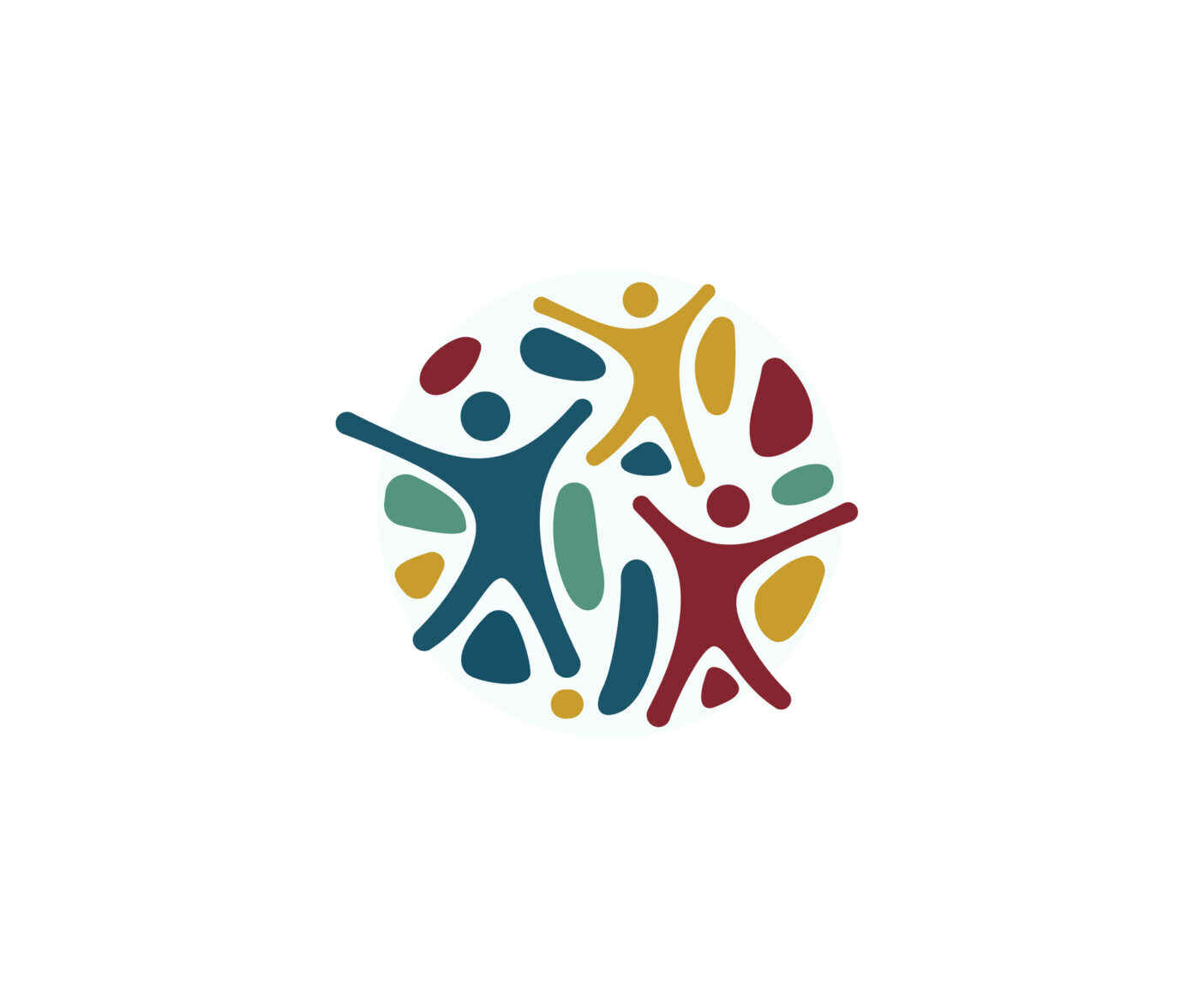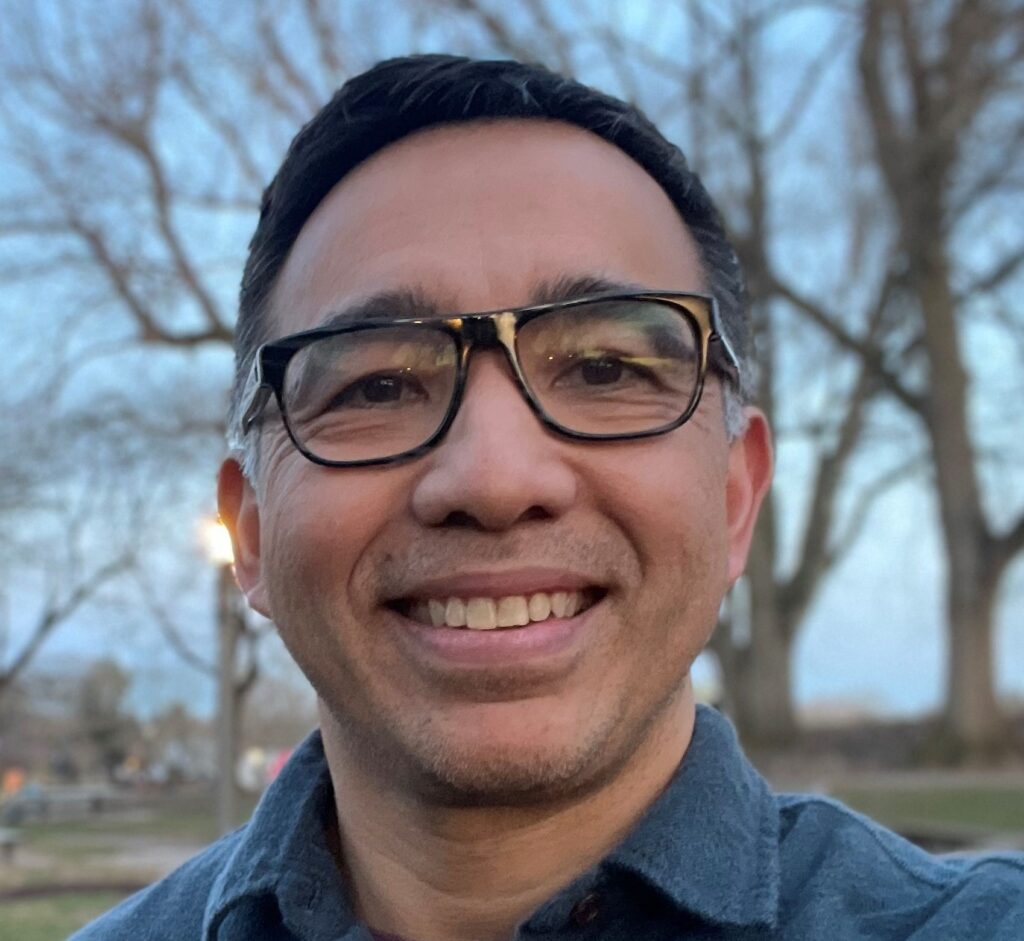The Network in 2025: Connecting Public Health, Community Needs, and Law and Policy Solutions
A Message from Interim Co-Executive Directors Quang (“Q”) Dang and Ann Phi-Wendt

“While laws and policies can serve as barriers to health equity, they can also be used to promote health and advance equity and this is, has been, and will continue to be the focus of our work, whatever the political climate might bring.“
Dear Friends and Colleagues,
Warm wishes for the New Year, a time of new beginnings when our thoughts turn to how our collective efforts to advance health in communities across the country can be turned into reality. This year is likely to present challenges, especially considering the new presidential administration, but we have been here before. Just as we have done in the past when the political climate intensified around governmental authority, in particular public health authority, we are ready to act as a guide, partner, and resource to state and local public health departments, community-based organizations, and others in navigating the ways that law and legal systems can be used to advance the public’s health and health equity, despite barriers to this work.
Building on the Momentum of 2024
While laws and policies can serve as barriers to health equity, they can also be used to promote health and advance equity and this is, has been, and will continue to be the focus of our work, whatever the political climate might bring. In 2024, we worked with health agencies, service providers, as well as community-based organizations, to help them leverage laws and policies to ensure abortion rights and access to reproductive health services, and to advocate for such on a national level. In October, the Network signed on to an Amicus Brief in the Idaho v. United States case, alongside the American Public Health Association, the Robert Wood Johnson Foundation, and the American Medical Women’s Association and other public health leaders to protect the ability of pregnant individuals in accessing emergency medical care mandated under the federal Emergency Medical Treatment and Labor Act.
In response to increasing legislative restrictions on public health authority limiting the ability of health agencies to effectively protect the health of communities, we worked in collaboration with our Act for Public Health partners to help public health officials navigate legal barriers that impacted public health capabilities, whether in routine operations or emergencies. We also supported state and local efforts to modernize public health systems and ensure that Foundational Public Health Services were accessible to all.
Because advocacy is essential for ensuring and retaining a responsive and resilient public health system, we focused on increasing awareness of the role of advocacy within the public health landscape. Alongside civic engagement partners, we worked to highlight the connections between health, voting and democracy, and on how to build systems that increase trust in government so that public health policies are not only informed by scientific evidence, but also deeply rooted in the realities faced by communities. Harm reduction efforts are an acute example, where stigma has threatened evidence-based solutions for decades.
2025: Thinking Nationally, Acting Locally
We anticipate public health leadership and policy innovations will increasingly live at the state and local level in 2025 and beyond, which is why we will work to identify and support promising strategies and best practices at those levels. We also anticipate the enacting of increased legal and policy barriers that will create setbacks to efforts to address socioeconomic disparities, racial and ethnic discrimination, and unequal access to healthcare services. Because knowledge is power, we will proactively track legislative and judicial trends in public health law, policy, and authority and provide information, insights and potential avenues for overcoming perceived restrictive or limiting legal circumstances.
Not only is knowledge power, but a modernized public health system is also an empowered and resilient public health system, which is why in 2025 we will work to expand data modernization initiatives to improve systems integration and efficiency. Our data law and policy experts will focus on providing legal technical assistance to entities needing data use agreements and will provide analysis of relevant federal and jurisdictional regulations affecting public health data exchange.
A modernized data infrastructure also enables health organizations to better collect, analyze, and share information, ensuring that health disparities are identified and addressed promptly. Because Tribal agencies often experience difficulties in accessing needed and critical data, we will continue our work in supporting Tribal agencies, Tribal Epidemiology Centers (TECs), and Tribal-serving organizations in areas such as data sharing and privacy, and immunizations.
Ultimately, we are all working to make our communities healthier, safer, more resilient and equitable. As public health continues to address the social determinants of health and leverage new and improved ways to administer health services more equitably, working alongside and in tandem with community-based groups offers the potential to not only improve health outcomes, but to reinforce support and advocacy for the work of public health entities among the communities they serve.
We recognize the value of serving as a legal resource for community-based groups and in 2025 we will expand our partnerships with community-based organizations to inform and empower them in leveraging law and policy, including our work with East Side Health and Well Being Collaborative and Human Impact Partners. Through collaboration and by bridging the gap between legal frameworks and community needs, we can create pathways for sustainable solutions that withstand the pressures of an unstable political climate.
With racial health inequities at the core of so many of our public health challenges, we will focus on tracking proposed and enacted legislation requiring Racial Equity Impact Assessments and identifying how proposed policies may impact communities based on race or ethnicity. In 2025, as in 2024, we will issue a direct call for proposals to provide legal technical assistance to health agencies and community partners working on racial health equity initiatives.
In addition to direct action on racial health equity issues, we will also act proactively to engage in work related to worker protections, food and water security, and equitably mitigating the impacts of climate change in anticipation of laws and policies challenging these efforts.
The Network remains resolute in our belief that public health law and policy possess the power to improve lives and create safer, healthier, and more equitable communities. Looking ahead, we are energized by the opportunity to continue collaborating on the urgent issues facing public health. We hope to see you at our National Public Health Law Conference in September, to collectively explore pathways to addressing these issues, and learn about the innovations happening every day in public health.
We invite you to utilize our resources and will keep you updated about new resources, as well as emerging issues, through our Law and Policy Insights articles, bi-weekly Network Report, quarterly Judicial Trends in Public Health, and monthly webinars.
Most importantly, our law and policy experts are here to provide consultation and guidance on how specific laws and policies may impact your work; insights into law and policy strategies other jurisdictions are employing; help with understanding the extent of your legal authority; how to apply equity tools to laws and policies and more. You can connect directly with one of our experts here.
Wishing you a hopeful and happy 2025!

Interim Co-executive Director
The Network for Public Health Law

Interim Co-executive Director
The Network for Public Health Law
